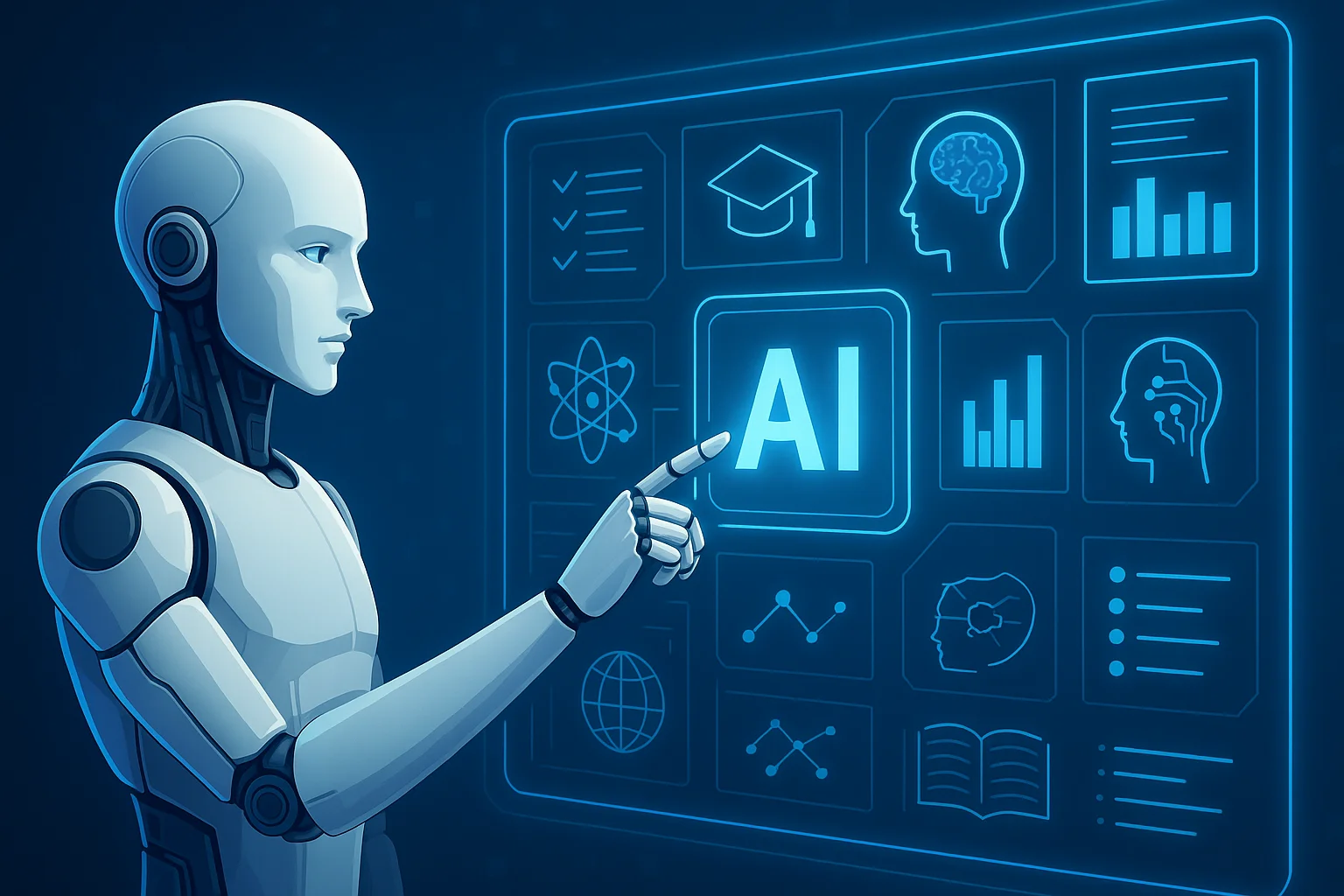📰 Top AI Tools News
Google Classroom Supercharged
At ISTE 2025, Google released its “Gemini for Education” suite—free and secure tools for both students and educators. Features include interactive diagrams, personalized quizzes, audio/video summaries, and integration with Classroom, Forms, NotebookLM, and more—powered by Gemini 2.5 Pro with enterprise-grade security and youth protections.Anthropic’s Claude Artifacts
Anthropic introduced Claude Artifacts, a new app builder enabling product teams to quickly prototype and validate feature concepts using AI.Workplace AI Gap Widens
A recent report highlights that executives are leveraging AI much more than junior staff, potentially widening productivity and decision-making divides within organizations.Microsoft Continued Layoffs Amid AI Focus
Microsoft is cutting ~9,000 jobs in July 2025 alone—with over 15,000 layoffs total this year—as part of its push into massive AI investments.Clorox Embraces Generative AI Carefully
Using tools like ChatGPT, Clorox enhanced its marketing and R&D—developing ideas such as “Toilet Bomb” Cleaner—while affirming AI is used to augment, not replace, human creativity. No layoffs so far.AI Predicts Prostate Cancer Across Demographics
A new multimodal AI algorithm developed at UCSF accurately predicts prostate cancer outcomes across different racial groups, showing promise for equitable clinical decisions
✏️ Summary
Leading technology companies and innovative startups continue to expand the frontier of AI tool applications. Google’s Gemini-for-Education bundle is remarkable in its scale and student safety features, while Claude Artifacts from Anthropic streamlines prototype validation for product teams. However, the adoption gap between leadership and staff in workplaces is growing, which may exacerbate inequality and inefficiency.
At Microsoft, massive layoffs reflect a strategic shift—its ongoing $80 billion AI investment is reshaping workflows and workforce needs. Across industries, companies like Clorox are cautiously using generative AI to spark creativity and analyze consumer feedback, without sacrificing employees.
In healthcare, AI advances are making significant progress: a new algorithm shows strong predictive accuracy across diverse populations in prostate cancer prognostics. The broad message is clear: AI tools are increasingly pervasive across productivity, healthcare, marketing, and education—but managing adoption equitably and ethically remains essential.
